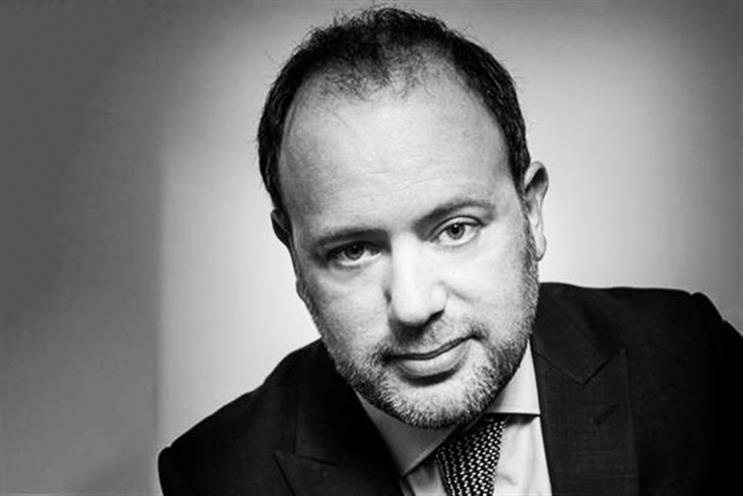Advertising, like life, is full of contradictions. Brands, agencies and media owners talk about doing the right thing and, in many cases, they walk the talk. But even some of the most admired and respected companies have flaws – from tough payment terms to aggressive tax avoidance or operating in authoritarian countries.
One upside of the pandemic is that this intense period of disruption and isolation has forced companies to rethink how they do business and their purpose. ESG – or environmental, social and governance issues – has shot up the agenda and become a focus for boards and shareholders.
It can only be a good thing that a company such as Nestlé has acknowledged in an internal document that more than 60% of its mainstream food and drinks products do not meet a “recognised definition of health” and that some “will never be ‘healthy’”, as revealed recently by the Financial Times.
What’s more, some of the fastest-growing brands, such as Airbnb, Oatly and Depop, that have listed on the stock market or caught the eye of investors in the past 12 months have put ESG close to the centre of their business.
As Scottish Mortgage Investment Trust, a big investor in high-growth companies, particularly in Chinese ecommerce, says about ESG: “More often than not, the companies with the most exciting prospects are those that seek to tap into technological and cultural progress to find newer and better ways of producing the goods and services that society will need over the course of the next decade.”
There is big money in ESG. WPP is hosting a two-hour presentation, focused solely on the topic, for stock market investors on 30 June.
The challenge for the ad industry is to demonstrate it will walk the talk – whether it’s deciding not to work for certain clients or in managing their own businesses.
Too many brands, agencies and media owners have been slow to tackle a whole range of issues that relate to social responsibility, including inclusion and diversity, foods high in fat, salt or sugar, and gambling, consumer privacy and sustainability.
There’s a generational shift, too, because ESG is a powerful motivator for younger consumers. As Wendy Clark, global chief executive of Dentsu International, says: “It will not be enough to simply operate your business and do no harm. You’re going to be expected to operate your business and actually contribute.”
The dramatic events of the past year have shown there is a genuine willingness to make changes and collaborate but recent history shows progress can be glacial. Collecting annual figures on the gender pay gap, for example, achieves little if companies are not closing that gap over time.
Naysayers say adland is obsessed about “purpose” at the expense of creativity and commercial success. And consumers have their own contradictions. They may say they want to save the planet and talk about workers’ rights, but are happy to order food on a delivery app and expect it to arrive within minutes.
Yet that is no reason for the ad industry to take a laissez-faire attitude. In a digital world, communications have grown in importance, and there is an argument that the pandemic has “elevated” the role of marketing, as Richard Oppy, vice-president of global brands at AB InBev, told this month’s virtual global conference, 北京赛车pk10 Connect.
Doing good is good business. This industry, which has sometimes lacked the confidence to show leadership in the recent past, has an opportunity to lead – through action.
Gideon Spanier is UK editor-in-chief at 北京赛车pk10



